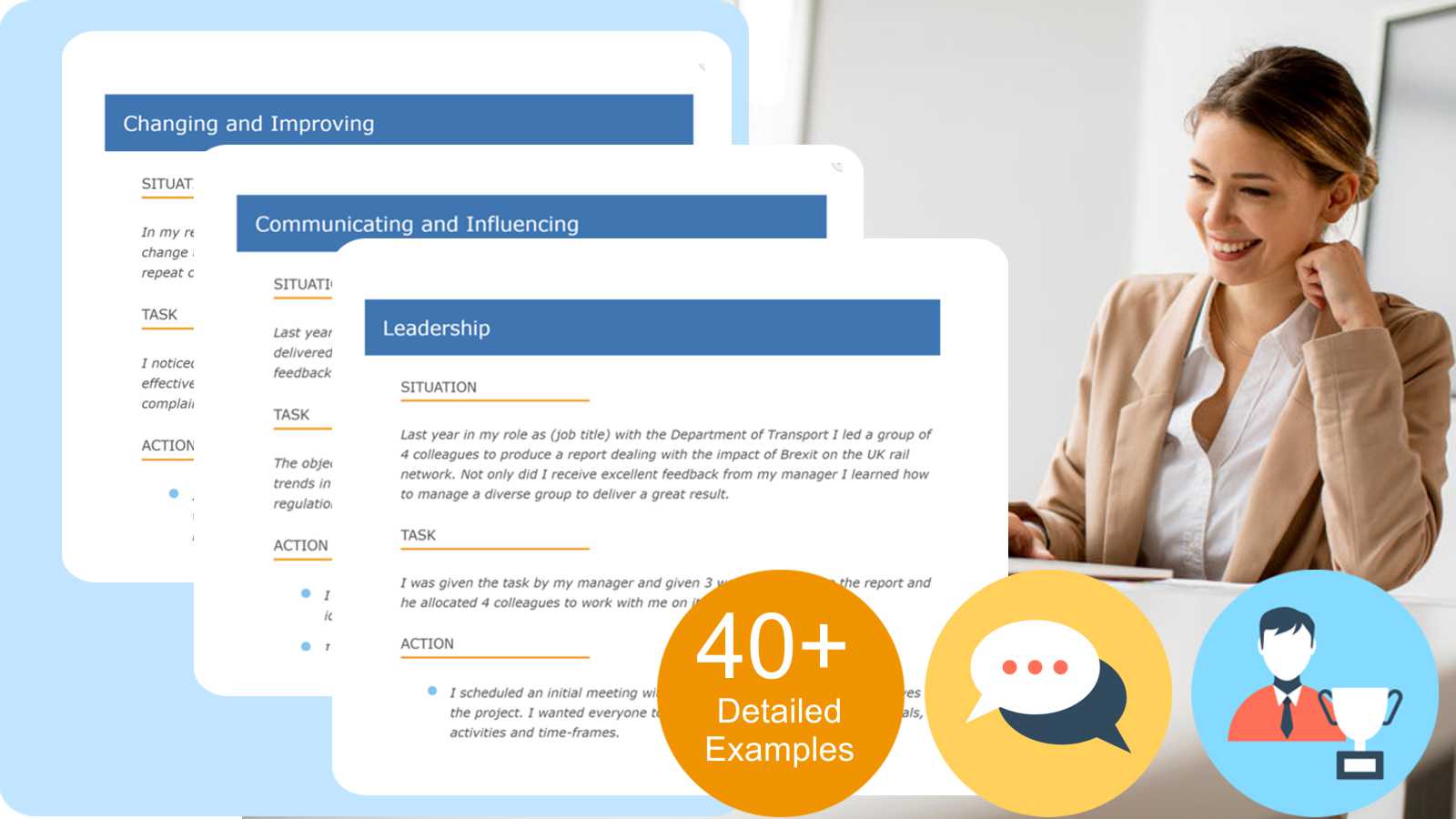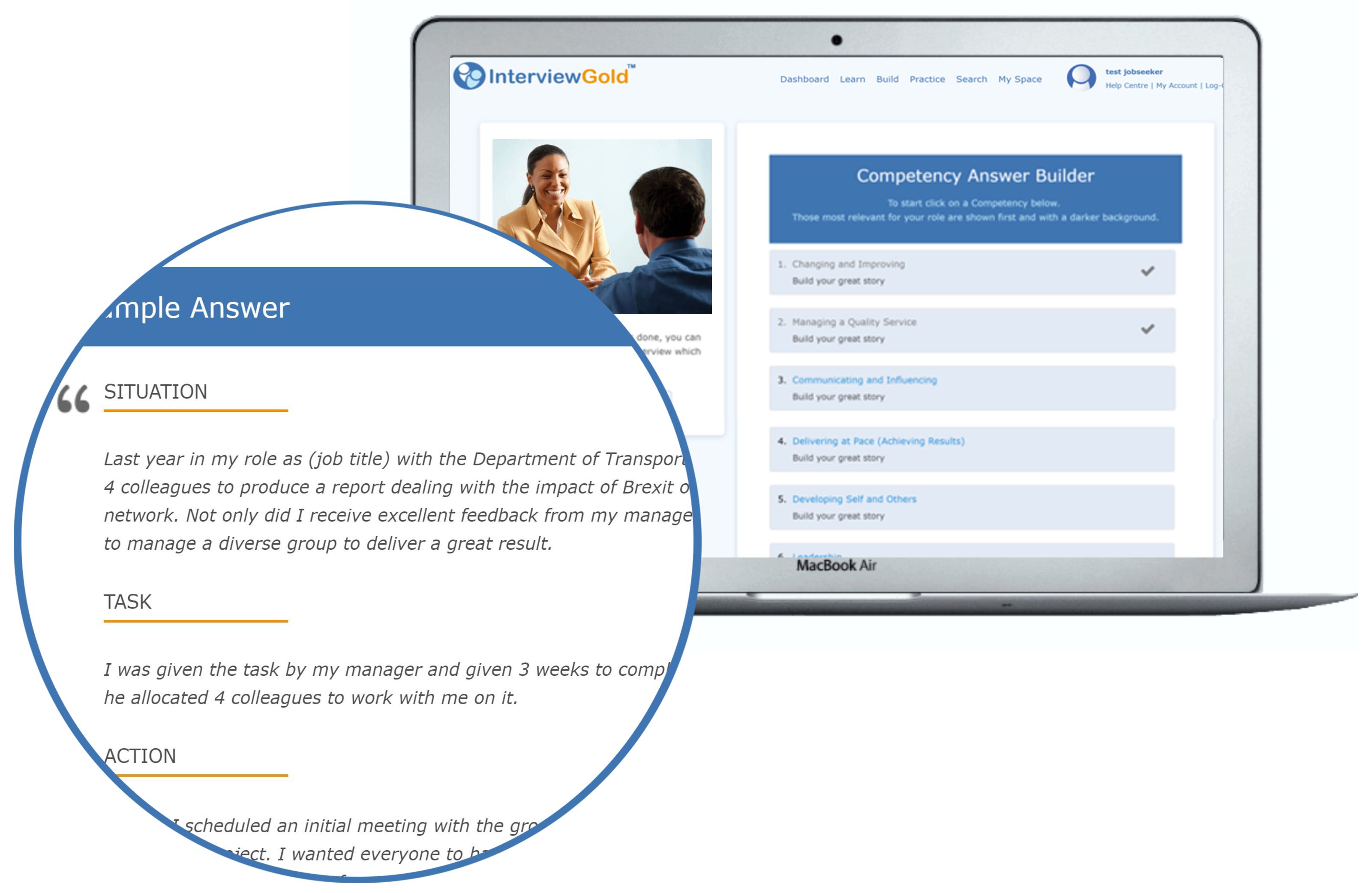
Want to know how to make a brilliant job application that stands out and gets you job interviews? In this post, we give you 22 tops tips showing you how to create job applications that impress and how to avoid making applications that fail.
If you are looking to get back into work, or are entering the workforce for the first time, creating the perfect job application is essential. Securing a job interview is the goal, you want to get in the door and a job application that stands out is the logical first step.
Your job application must stand out in a competitive job market.
The problem begins when you realise just how competitive the jobs market has become. It is very much a buyers market for employers right now. That is, there are far more people looking for work than there are opportunities.
An employer may have mountains of applications to wade through and to ne sure of getting that interview invite you must make sur yours is top notch.
Good job applications do get interviews
The job application is the key that unlocks the access to the job interview.
However, getting that interview is not easy. Stats have shown that 75 out of every 100 applications will be screened out and rejected in the first round. Of those about 25 will be seen by an actual person and from those only 4 to 6 will be invited for an interview.
So, you have a 4-6% chance of getting an interview which is pretty low.
On a positive note, surveys show that those applicants who spend proper time researching and preparing their perfect job application do in fact get a job interview.
Save time by getting your job application right first time
Avoid making failed applications.
By choosing to apply for jobs that you know you will have an excellent chance of passing, you will save yourself countless hours and heartache.
In advance, know the job, know the employer and be clear about what they want in the application.
Sometimes they just want a CV and a cover letter, most times there will be an online application form. In either case, your application must be crafted in the right way so that it stands out.
Read on for our top tips for making a perfect application that will get you a job interview.
Know What To Say on Your Application and Interview
Top Tips Before You Make Your Application
Find out about the company you are applying to work for
Having an excellent idea about the company is going to help with your application in so many ways. In addition, it will help in your interview when the inevitable question “why do you want to work for us” pops up.
Pertinent details could include their background and mission statement. For instance, you may admire how they help the local community and how the CEO built the company with a focus on the environment. These may fit with your values.
Seeding your application and cover letter with little details like these, and what they mean to you, is going to make you look like an ideal candidate.
Study the job description and person specification
You really must be clear about what the job involves and who they are looking for. Spending time doing this now will avoid a failed application and wasted time.
To effectively study a job description and person specification, carefully analyse each section to understand the role’s requirements and the employer’s ideal candidate.
Match your skills to the job requirements
When the recruiter processes an application, they will sift by matching the skills and criteria required with those on the application.
To give yourself the best chance pf getting the job interview, we suggest you spend time studying and identifying the key skills, experiences, and qualifications they regard as essential.
You will then be able to tailor your application to these points, highlighting those exact skills and achievements and detailing how your experience aligns exactly with the job’s demands and the attributes sought.
How does the job fit with your career goals?
Ensure that the role you are applying for is in line with your career plans.
Does it make a logical next step in your career journey? Perhaps it is a move down or sideways to fit with your personal or home life. Or considering a career move after the age of 40 or older?
All of these are valid however now is the time to check and be clear how this post will help you achieve your career objectives.
Check the instructions – what do they require on the job application?
Start by reading the application instructions carefully well in advance of the submission deadline. This will give you time to research and prepare any additional documents they require. The most commonly requested documents are a CV and cover letter. Also, for many jobs such as Civil Service, a personal statement and statement of suitability are required.
Expert STAR Sample Answers for Your Application and Interview
When you join InterviewGold, you get instant access to expert STAR answers, job specific questions.
Plus the powerful answer builder tool will help you create brilliant answers in minutes.
Top Tips For Writing and Making Your Job Application
Customise your application for each job
Every job will be different in some way. Similarity you must tweak your application accordingly to fit better. Highlight core skills, competencies and experience earlier so as to make it easier and faster for the recruiter to see.
Tailor your CV, cover letter and personal statements. Modify for each job application to match the job description better. In this way, you can highlight relevant achievements that align with the specific role and which showcase your abilities and what you bring to the role.
Target important keywords
As most applications will got through a sift and screen process, you must optimise your application for what is called an Applicant Tracking Systems (ATS). This is a piece of software that reads the application or documents and looks for certain keywords.
Use vital keywords from the job description in your CV and cover letter. For example, if great communication is an essential requirement, then mirror these words back so that the ATS software will pick them up instantly and score accordingly.
List your core and relevant skills, competencies and experience
You will usually have sections within the application which ask for key information.
Your research of both the company and job description will be vital again here. What you need to do is edit your entries, reorder to show the skills, experience and abilities they want first in the list.
So many application just copy and paste from their CV but with no thought to what is required by the employer. This can result in a failed application.
Showcase your achievements
They will want to see what you have done, what you have achieved. Focus on relevant achievements, in other words those that are vital to the role being recruited.
Use the STAR or IPAR formulas to structure these achievements and you can learn more here.
Whenever possible, use numbers to quantify your achievements. For example, “increased sales by 20% within the first quarter” is more impactful than “responsible for increasing sales.”
Focus on skills and abilities
Firstly, relevant skills and abilities should be shown and detailed first. This is what they want to see and could result in your application passing to the next stage without them having to read more on it.
If you’re changing industries, emphasise transferable skills that are valuable across various fields, such as leadership, communication, and project management.
Add a professional summary or profile
This is a useful piece of content to have whether on an application or in an interview. Its is a short version of the tell me about yourself interview question and is a powerful summary of you and what you bring.
Use this professional summary at the top of your CV and in your job application to encapsulate your experiences, skills, and what you bring to the table.
Create and include a brilliant cover letter (even if it’s optional)
A well-crafted cover letter can tell your story in a way that a CV cannot. Use it to explain why you’re passionate about the role and how your background makes you the perfect fit.
Read more about how to create a great cover letter here.
If you are able to put a name on the cover letter and application correctly as well, then that is the ideal way to go. Everyone likes being addressed by their name as opposed to Dear Sir or Madam.
The first place to look would be the company website as some businesses will list who is responsible and some will have a name for the head of Human Resources. If there is a name for the HR head, it is perfectly acceptable to address your application to them unless otherwise specified in the job advertisement.
Review and check your job application before submission
Before submitting your job application, meticulously review it for accuracy and completeness. Ensure all sections are filled out as per instructions, and tailor your responses to the job description.
Double-check for spelling and grammar errors.
Verify that all attached documents, like your CV and cover letter, are the correct versions.
Get Your Dream Job with InterviewGold’s Proven System: Competency Questions, Winning STAR Answers and Expert Advice
Join InterviewGold today and get instant access to everything you need to pass your UN interview. Best of all it is specific to your target job.
Top Tips For After The Job Application is Submitted
Update Your Linked in and Other Online Profiles
Having submitted your application, now is an ideal time to tweak and update your linked in and other social profiles. This is to ensure that they are in line with the details you have provided on your job application and cover letter.
Before calling someone for interview, recruiters will almost certainly check Linked In and possibly social media. After all, they don’t want to waste time on an interview if there are red flags raised by an out of date or unmatched profile.
Network and leverage your contacts
Sometimes, it’s about who you know. Networking can introduce you to opportunities and get your foot in the door. Engage with industry professionals and attend relevant events or webinars.
Continuous Learning and Development
To help boost your attractiveness to employers, we always recommend engaging in continuous learning. This can be a big plus, especially if you’ve acquired new skills relevant to the job. It is also a great way to close a competency gap, where you are finding that a particular skill is missing from your CV.
Top Tips for Perfect Online Job Applications
Make it easy for software to read your job application
For most large employers the screening process will be completed by computer using some form of Applicant Tracking Systems (ATS).
A lot of the time, applications are given a quick once-over by the person responsible for whittling the number of applications down to a more manageable number. Other times this task is given over to automated software using OCR (Optical Character Recognition). Either way, your application should be easy to ‘scan’ and read quickly.
Include specific keywords on your application
When automated software scans your application it is looking for specific keywords and key phrases to see if your application is even relevant.
For instance, if you are applying for a call centre position, be sure to have relevant experience in that field mentioned in your application and that you use words related to that – this is why explaining your duties in that position is important. Your education and past employment, including dates, are scanned and analysed in a similar way.
OCR is the preferred method for most employers, at least the ones that aren’t smaller businesses, but a human is going to be doing the same thing so make it easy for both of them.
Choose correct fonts which are easily readable
This relates especially to your CV and cover letter or statements. Fonts should be simple and easy on the eye, Ariel for example is a popular choice, and the font size should also be considered – a font size of 12 is the standard. Making a perfect job application is going to be harder if you neglect the small details, and those interviews may never materialise. The easier the text is to read, the more detail that will be picked up on a quick once over.
Use relevant language and terminology
Use words, terms and sentences in your application, CV and cover letter that appear in the job specification. This doesn’t just show that you read it properly, it also makes it easier to quickly for relevant details and, importantly, make you job application stand out from the crowd.
Use intelligent text choices and writing style
Left aligned text is also easier for humans to quick read, so don’t center any text in any part of your application – including headings.
If you can avoid having walls of text in your application, you are going to make yourself look more attractive to an employer and your interview invitations are going to go up as a result.
What does this mean? Use short sentences and short paragraphs. You should also not be afraid of using subheadings and bulleted lists.
Be succinct and summarise expertly
Your communication skills are being assessed from the moment you submit your application. Being succinct when conveying information is important, so don’t worry about ‘getting to the point’.
No employer is looking for a story, you just need to get in and get out. How often have you been on social media and have been confronted with a wall of text in a post? Did you read it all? Probably not, and there may have been some valuable information in there somewhere.
Avoid the use of slang
Be careful with the language you use. You are not ‘dumbing down’ to anyone, you are just making yourself easy to understand. That said, don’t use slang and be careful with contractions and whole words.
Spelling and grammar will always be ‘judged’, although it is obviously going to depend on the job being applied for. Checking your spelling and grammar is essential, irrespective of the position and fixing any mistakes accordingly.
The perfect job application leads to more interviews
It really basic logic: taking the time to craft and shape your application (form, CV, cover letter) correctly is going to greatly improve your chances of landing an interview.
To summarise: Be ordered, use words and phrases from the actual job posting, use the same font for the whole application (this includes the CV and cover letter), get to the point and use clear language.
Don’t forget cursory mentions about the company in your cover letter, and why their goals are important to you, to really sell yourself.
By implementing these strategies, you’ll enhance your job application, making it more likely to stand out to hiring managers and increase your chances of securing interviews. Remember, the goal is to make it as easy as possible for recruiters to see you as a capable and fitting candidate for the position.
How InterviewGold Will Help You Make Perfect Applications and Get Jobs
With the InterviewGold online training system you have access to a host of great content all designed to help you make great job applications.
You get sample answers, cover letters and personal statements. Plus the powerful Answer Builder tool creates winning answers in second to use in any application or interview.
Start now and get the job you want.
Get Instant Access • Practice online 24/7 • 100% Guarantee



